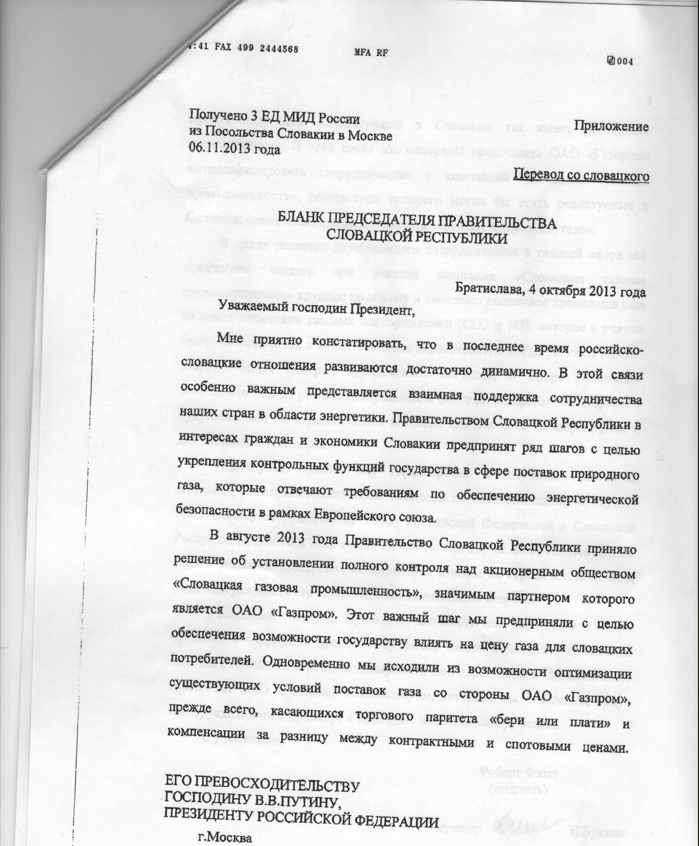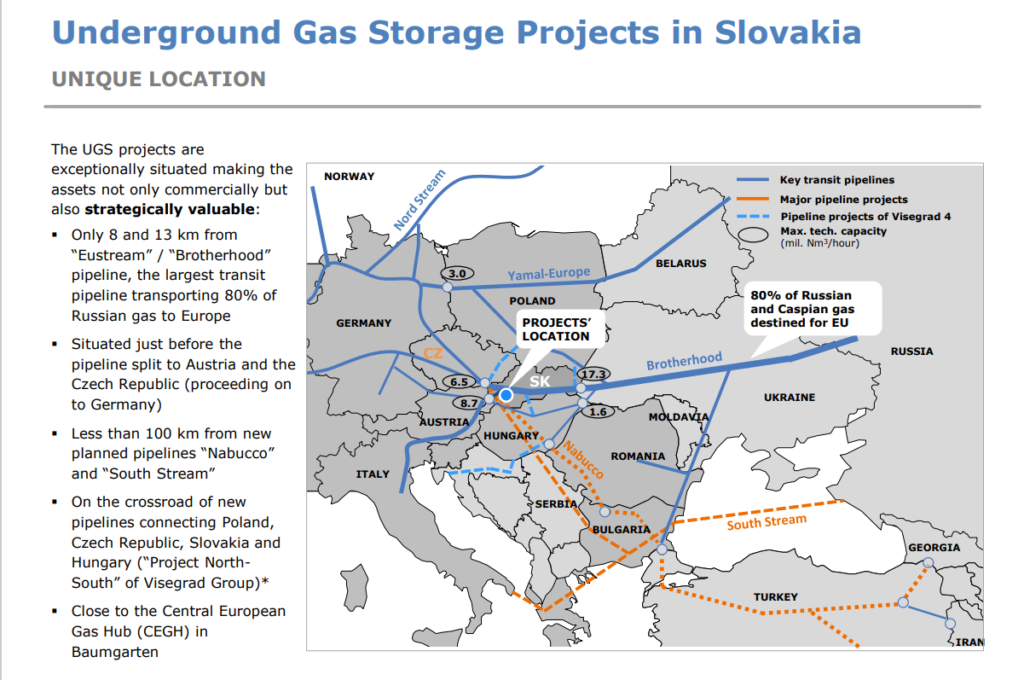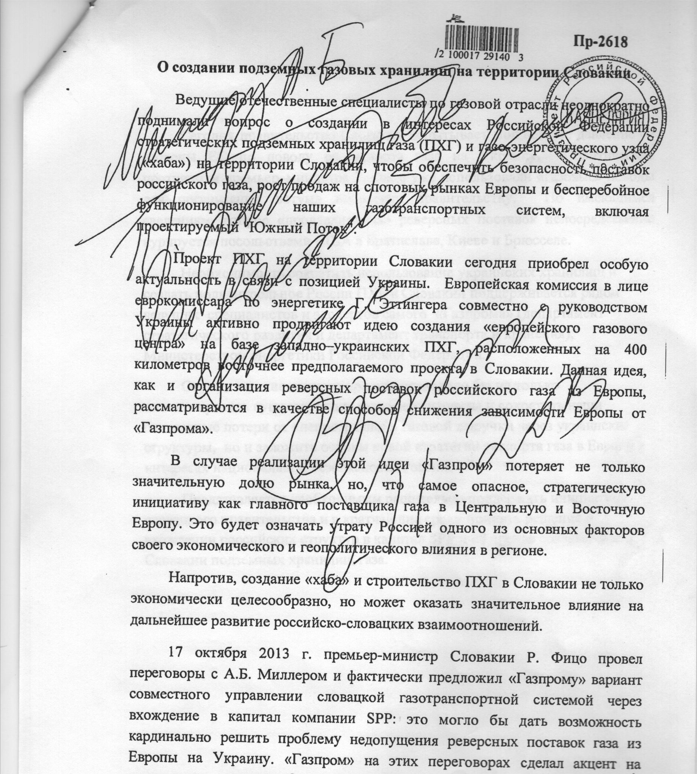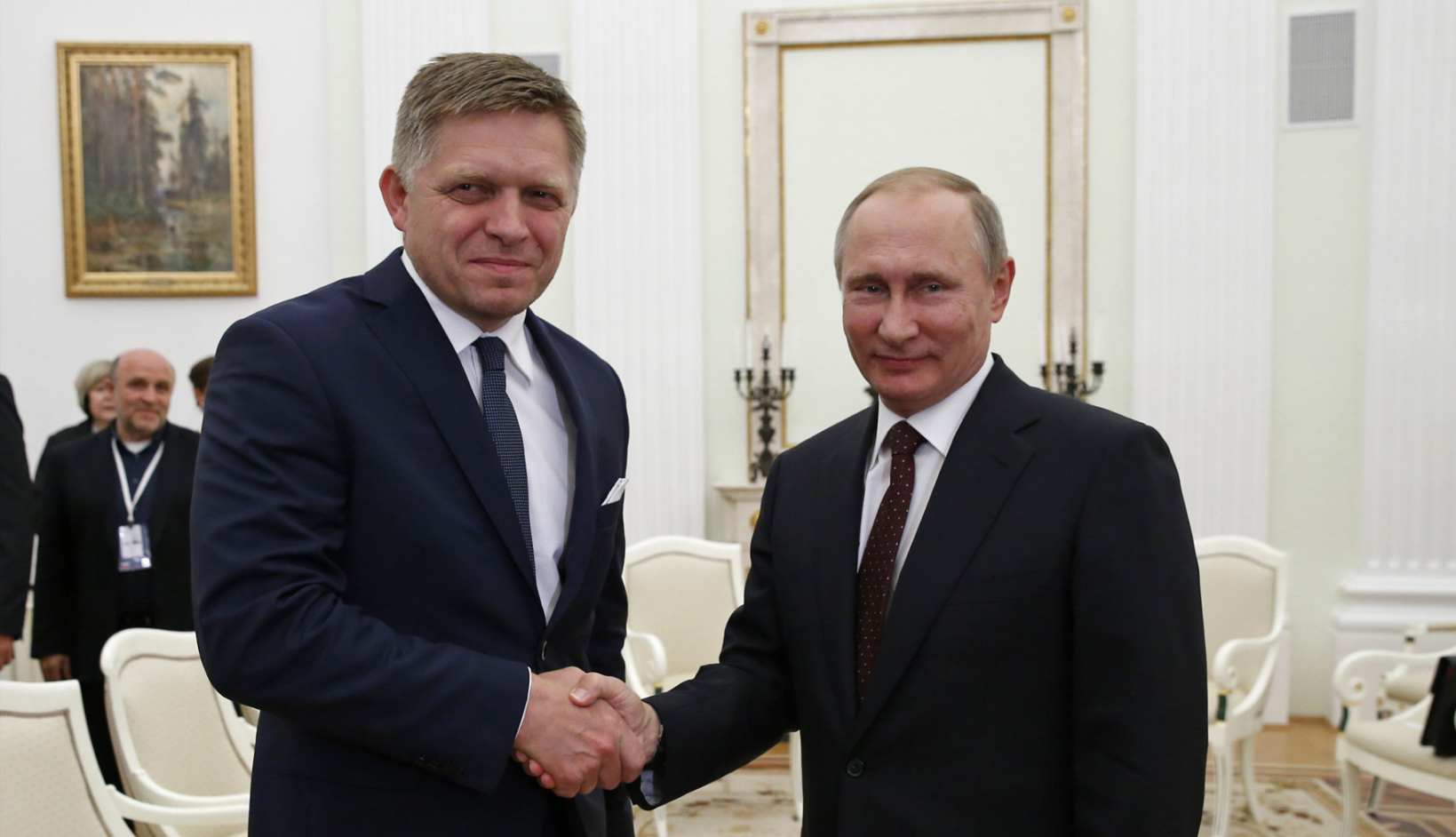Recent parliamentary elections in Slovakia saw victory for Robert Fico, leader of the populist party SMER. However, Fico’s close ties to Russia have come under scrutiny.
Leaked emails of Russian deputy speaker Aleksandr Babakov point to close collaboration between Fico and Russian energy giant Gazprom. The emails were obtained by the Ukrainian hacker group Cyber Resistance, a loosely organized team of Ukrainian hackers specializing in accessing Russian networks, extracting, and publishing confidential information, and subsequently analyzed by the Ukrainian OSINT group InformNapalm, known for shedding light on the inner dealings of such high-ranking Kremlin backroom dealers like Vladislav Surkov.
We summarize them here.
Who is Robert Fico?
Robert Fico has held the position of Slovakia’s PM twice, 2006-2008 and 2012-2018. In 2018, he stepped down in the wake of the murder of the young journalist Jan Kuciak, who was investigating mafia activities and implicating some of Fico’s associates.
Fico is compared to Viktor Orban for his right-wing nationalism, pro-Kremlin stance, and opposition to supporting Ukraine. But why does Fico consistently defend Russia’s actions?
The likely explanation is personal interest and Russian gas money.
Russian business in Slovakia
During Robert Fico’s tenure as Slovak PM, Russian businesses thrived, especially in the energy sector.
Prior to Russia’s invasion of Ukraine, Slovakia imported over 6 billion cubic meters of Russian natural gas annually, comprising most of its gas consumption. Slovakia was also a major transit route for Russian gas to Europe.
Under Fico, Slovakia signed a major deal with Gazprom to transport around 700 billion cubic meters of natural gas through 2028.
In December 2014, Slovakia also contracted to receive 12 million tons of Russian oil yearly until 2029, half for domestic use and half for further transit.
Additionally, Russia and Slovakia closely collaborated on nuclear energy. This included the Russian supply of nuclear fuel, modernizing Slovak nuclear plants, and maintenance services by Russian experts.
Hacked emails
In November 2013, just weeks before the Ukrainian EuroMaidan protests erupted, Alexander Babakov, Deputy Speaker of the Russian Duma, received a letter from a senior advisor at Gazprom Export, Fuad Uzbekov. The letter included an appeal from Slovak PM Robert Fico to Vladimir Putin proposing enhanced cooperation between Slovakia and Russia in the gas industry.

Fico explained that Slovakia had gained control of its main gas company and wanted to work with Gazprom to build two underground gas storage facilities in Slovakia to serve as a regional gas hub.

The appeal was supported by a briefing from Russian Railways chief Vladimir Yakunin, although it remains unclear why he was involved in this matter. Putin ultimately endorsed Yakunin’s briefing and Fico’s proposal for increased gas cooperation between Russia and Slovakia.
Putin forwarded Fico’s project and Yakunin’s briefing to Gazprom’s CEO Alexey Miller, who sent them to Babakov. As Babakov oversees Russia’s foreign policy, he was well-informed about these matters.

Yakunin’s briefing shows Russia uses energy as a geopolitical tool. He explains that Slovakia’s need for gas storage is driven by the EU’s and Ukraine’s desire to create a European gas hub to reduce Europe’s reliance on Gazprom. The documents demonstrate Russia leverages its energy resources to exert political influence.
“If this idea is implemented, Gazprom stands to lose more than just a substantial portion of the market. Even more concerning is that it would forfeit its strategic position as the primary supplier of gas to Central and Eastern Europe. This would strip Russia of a core factor of its economic and geopolitical leverage in the region,” cautioned Yakunin.
Additionally, Yakunin notes that during talks with Miller, Fico suggested Gazprom acquire a stake in Slovakia’s main gas company and jointly oversee its operations.
“This could provide an opportunity to definitively solve the problem of preventing reverse gas flows from Europe to Ukraine,” Yakunin predicted.
So, Russia sought to make Ukraine fully reliant on Russian natural gas imports. At the time, Slovakia had the greatest technical capacity for reverse gas flow back to Ukraine. Moreover, Moscow aimed to tighten its control over Kyiv even further. Correspondence from Yakunin indicates Miller proposed to Fico that he persuade the then-Polish PM Tusk to build a new pipeline bypassing Ukraine through Poland.
Given all these details, Yakunin told Putin that jointly constructing gas storage in Slovakia would lay the foundations for a new Russian gas export strategy to Europe. This would serve Russia’s national security interests.
Unfortunately, Babakov’s letters contain only this document regarding Fico, so any personal benefit he gained remains unclear. However, Fico evidently reaped political rewards. With Gazprom’s help, he lowered gas prices for Slovakians, even compromising the country’s energy independence.
So, what now?
Slovakia’s crucial military support to Ukraine faces uncertainty after Robert Fico’s narrow election victory. Slovakia provided air defense systems and fighter jets early in the invasion, benefitting its defense industry. However, Fico pledged to cease this aid if elected, echoing Kremlin talking points for political and economic opportunism despite Russia’s aggression.
While concerning, Fico’s rhetoric may be tempered by reality. His party lacks a majority, requiring coalition partners in Slovakia’s unstable politics. As Prime Minister before, Fico did not steer Slovakia from NATO or the EU, which back Ukraine. Still, his enduring sympathy for Russia despite its war crimes raises alarms.
Read more:
- Pro-Russian politician Robert Fico’s party wins Slovakia’s parliamentary election
- Slovakia to transfer 16 additional Zuzana 2 howitzers to Ukraine “soon” – Slovak President Čaputová
- Slovakia approves sending 13 Soviet-era MiG-29 fighter jets to Ukraine




